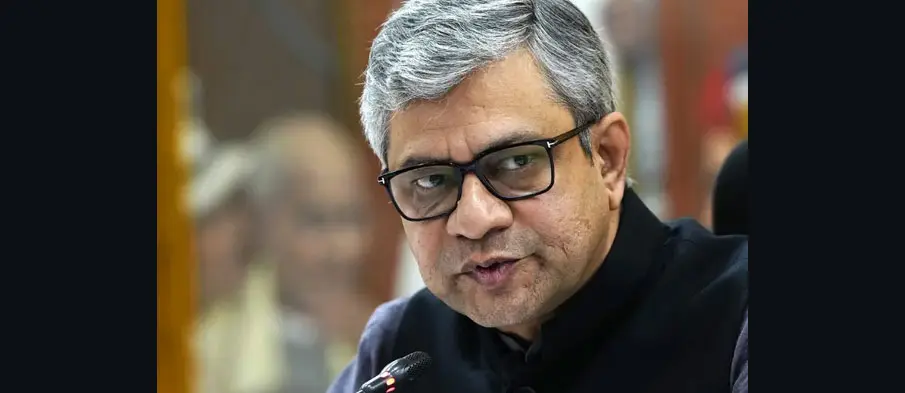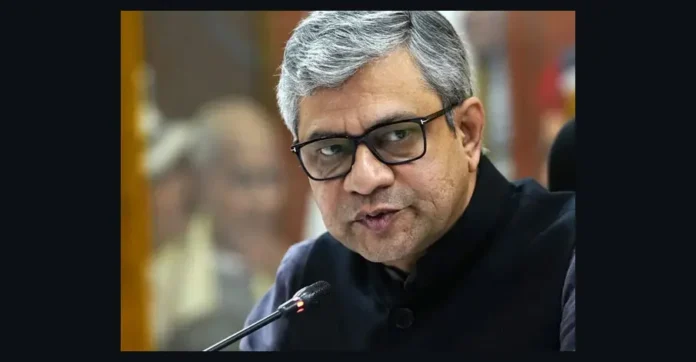
Union Minister for Railways, Communications and IT, Ashwini Vaishnaw has announced his move to Zoho, India’s indigenous software suite for documents, spreadsheets, and presentations. Sharing the update on X (formerly Twitter), Vaishnaw urged citizens to follow suit, stating that this aligns with Prime Minister Narendra Modi’s call for Swadeshi by embracing homegrown digital products and services.
His decision comes as part of the government’s larger vision to promote self-reliance in technology and reduce dependence on foreign software ecosystems. By shifting to Zoho, Vaishnaw underscored the importance of choosing “Made in India” digital solutions to strengthen the nation’s technological independence and encourage adoption among individuals, businesses, and institutions.
Headquartered in Chennai, Zoho has established itself as a global competitor to major players like Google Workspace and Microsoft Office. The company provides a wide range of enterprise solutions, including productivity, collaboration, and customer relationship management tools. Its expansion into international markets and commitment to building technology locally has made it a strong example of India’s “vocal for local” push in the digital sector.
The move by a senior cabinet minister is also symbolic, serving as an endorsement of Indian startups and companies that are building world-class technology solutions. Analysts believe such high-profile adoption could inspire more government departments, private firms, and citizens to explore domestic alternatives for their digital requirements.
Vaishnaw’s announcement comes at a time when India is investing heavily in its Digital India mission, aimed at promoting local innovation, strengthening cybersecurity, and creating globally scalable technology platforms. By adopting Zoho, he has not only signaled confidence in the company’s capabilities but also demonstrated the government’s resolve to back Indian enterprises competing on the world stage.
As India’s digital economy continues to grow, the minister’s shift to Zoho represents more than just a personal choice—it is a call to action for citizens and organizations to prioritize indigenous solutions that align with the country’s long-term technological sovereignty goals.





